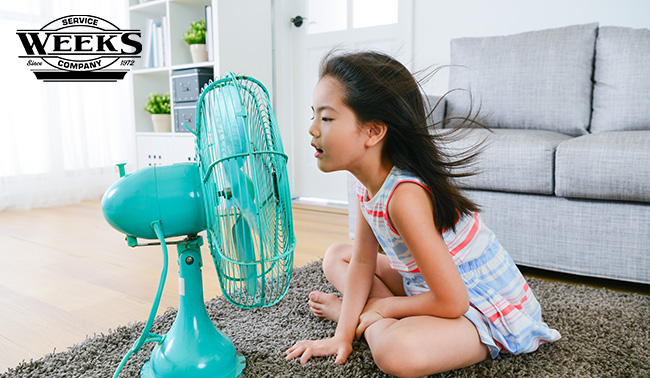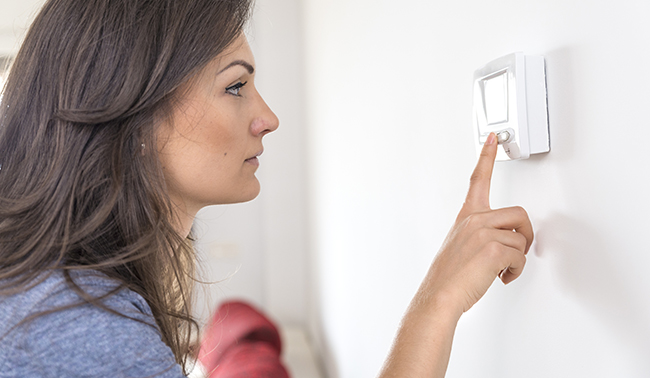
A malfunctioning air conditioner isn’t necessarily a broken one in need of replacement. How can you tell if your air conditioner needs replacement instead of repairs if the signs are so similar? There are a few factors that can help you make that discernment. Here are 5 signs it’s time to replace your air conditioner:
1. Your AC Isn’t Blowing
If your air is blowing but not very hard, then this is a good sign that your unit just needs to be repaired. The repair could be something really simple, one that you could do yourself, like replacing your air filter. If your air conditioner isn’t blowing air at all, however, then something is very wrong.
2. Your AC Air Isn’t Cold
It’s possible that your air conditioner could be blowing very well—but the air is blowing is hot, not cold. This could be a sign that your refrigerant is out, but if you’ve already replaced your refrigerant and it’s still not blowing, then one of two things is going on:
Either you have a leak in your air conditioner than can be fixed, or the leak is too severe to be repaired, so your AC unit needs to be replaced. Unfortunately, the only way to tell for sure is to have your unit inspected by a licensed HVAC specialist.
3. Your AC Is Making Strange Sounds
An air conditioner can be pretty noisy, especially if it’s an older unit, but you can tell right away when something is wrong. If the constant background noise (that usually lulls you to sleep at night) suddenly sounds like banging and clanging, then something is amiss.
Some small parts could be loose and rattling around in there. If you catch the noise early enough, then this could need just a simple repair. However, if you’ve let the noises go on for too long, then you could have irreparable damages in your unit, which will require a replacement.
4. Your AC Needs Frequent Repairs
We saved this sign it’s time to replace your air conditioner for last because it’s the biggest give away. If you have had to pay for more than two repairs in the recent past (say, within the last year), then it’s time to have your AC unit replaced.
This does not include simple repairs that you can perform yourself, like replacing your air filter or ensuring your vents are open and uncovered. It also doesn’t include upgrading your thermostat or general maintenance. Repairs include fixing refrigerant leaks, replacing worn out parts, and anything else that requires the distinct assistance of an HVAC expert.
5. You Googled, “Signs It’s Time to Replace Your Air Conditioner”
If you found this article because you consulted your search engine about signs of repair vs. replacement, then that’s a pretty good sign that it’s time to replace your air conditioner. In that case, consult with the experts at Weeks Service Company. We can inspect your unit and determine next steps together.

